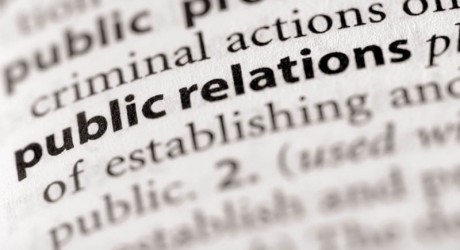GERARD Crowley, co-director of one of the UK’s leading corporate team building businesses, Team Challenge Company, reflects on the growing demand for experiential training…
THE effectiveness of learning through experience is not new – back in the fourth century, Chinese philosopher, Confucius, is attributed as saying: “I hear and I forget, I see and I remember, I do and I understand.”
I have been involved in team training events and workshops for many years and recently I’ve seen a real increase in demand for experiential learning.
This trend is unsurprising given the impressive stats available from the likes of National Training Laboratories (USA), which show 75 per cent of what we do we remember compared with just five per cent of what we hear.
Over the years, there have been many academic papers published on the subject, including those by the popular 20th century educational reformer, John Dewey, who believed students learn best through hands-on activities.
Later, David Kolb – a renowned educational theorist – outlined what he believed are the four stages of experiential learning: activity and practice, review and reflections, theories and concepts, applications and case studies.
Across ‘the pond’, there are reports that an increasing number of American colleges and universities are embracing experiential learning and promoting personalised instruction.
Meanwhile in the UK, despite the available evidence and increasing demand, still too many businesses are sticking to the same old tired formulas of lectures, videos or staff handbooks to train their staff and are surprised when behaviours aren’t changed.
To get the best results and continuous learning, teams need to feel free to identity and pursue their own goals, self-evaluate and essentially learn to teach themselves.
Through the use of hands-on problem-solving challenges, our team development events allow team members to meet a variety of goals consistently and effectively.
Topics covered include;
- effective planning procedures;
- high-level communication;
- continuous strategy development; and
- efficient time and resource management.
Our results speak for themselves; one oil and gas client which took part in our experiential emergency evacuation procedure training, which involves smoke bombs and actors playing casualties, found staff response times to emergency procedures were over 70 per cent quicker, following training.
This year, I had a very personal lesson in the effectiveness of experiential learning when I was part of a team which completed a 120km charity trek across the Arctic enduring temperatures of minus 30, snow storms and an ice quake.
For months before the ten-day trek, we learned the skills needed by doing them repeatedly until they became automated.
By rehearsing the simple things over and over again, such as practicing walking with a 35Kg sled for up to four hours a day, it meant we could rely on muscle memory when mentally the going got really tough.
Our preparation of learning by doing rather than listening to lectures or reading theory, was a major factor in our success as well as allowing us to enjoy the event to the fullest.
To find out more about Team Challenge Company’s Team Development Events, visit www.teamchallenge-company.co.uk.
MEDIA RELEASE issued by The BIG Partnership. You too can post your story ideas for journalists (aka press or media releases), on allmediascotland.com. Email here for more information.
Check out twitter.com/nonstopstories for your very own media releases feed…
To catch up on all the media releases recently posted on to allmediascotland.com, you need only click the link icon that you see towards the bottom right of our two media release ‘gateway boxes’.
 It’s this icon, here. It’s your route straight into the rich archive.
It’s this icon, here. It’s your route straight into the rich archive.
—
The BIG Partnership contact details…
Contact: Ellie Wagstaff
Phone: 0141 333 9585
Email: ellie.wagstaff@bigpartnership.co.uk






